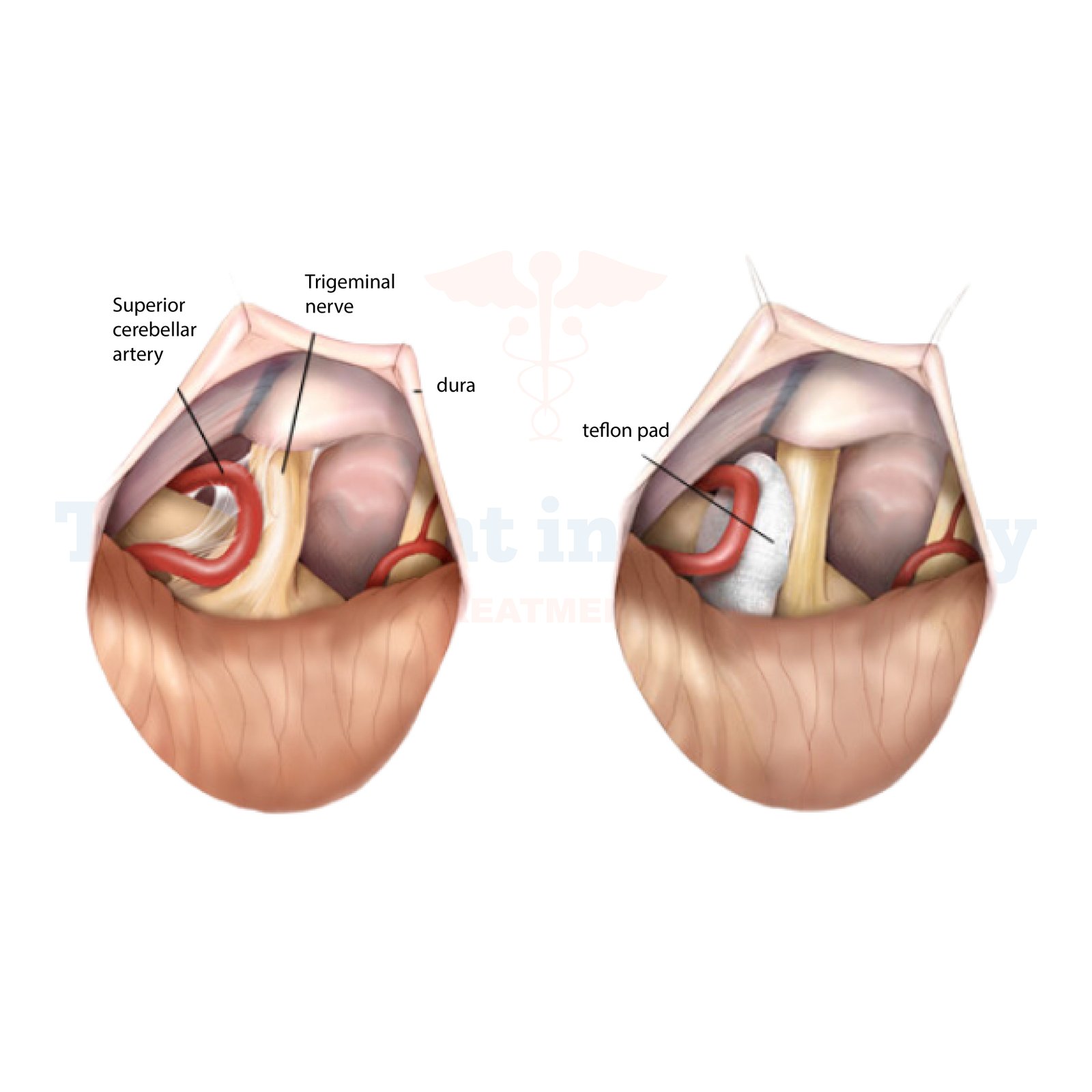Microvascular decompression (MVD) is a surgical procedure designed to alleviate chronic pain caused by the compression of cranial nerves by blood vessels. This technique is commonly used to treat conditions such as trigeminal neuralgia, hemifacial spasm, and other types of neuralgia. Microvascular Decompression addresses the root cause of nerve compression, offering patients significant relief from debilitating pain while preserving nerve function and reducing the need for long-term medication.
Germany is renowned for its advanced medical infrastructure and expertise in neurosurgery, making it a sought-after destination for treatments like Microvascular Decompression (MVD). German hospitals and clinics are equipped with cutting-edge technology and staffed by highly experienced specialists who excel in performing MVD procedures with precision. Additionally, the comprehensive aftercare provided in Germany helps patients recover effectively, enhancing the overall success of such intricate treatments.
Each type requires a highly skilled surgical approach, tailored to the affected cranial nerve. Microvascular decompression addresses several cranial nerve compression disorders, including:
Trigeminal Neuralgia: Sharp, electric-shock-like facial pains due to trigeminal nerve pressure.
Hemifacial Spasm: Muscle spasms affecting only one side of the face caused by facial nerve compression.
Glossopharyngeal Neuralgia: Throat, ear, or neck pains linked to the compression of the glossopharyngeal nerve.
Causes of Cranial Nerve Compression
Understanding the cause is crucial for effective treatment. The causes for Cranial nerve compression is not same in all the patients however that may occur due to:
Symptoms
Identifying symptoms is important for recognizing the root cause and to lead better treatment outcomes. These symptoms may include:
Diagnosis and Diagnostic Tools
Proper diagnosis of cranial nerve compression disorders often requires a combination of thorough clinical evaluations and advanced diagnostic imaging. Key tools include:
Microvascular Decompression Treatments in Germany
Germany is renowned for its world-class healthcare system, skilled neurosurgeons, and cutting-edge medical facilities. Treatment in Germany is well-known due to its combination of medical expertise and state-of-the-art technology.
Surgical Solutions
Medications and Drugs
Therapeutic Treatment
Physical Therapy: Techniques such as massage, nerve stimulation, or stretching exercises to improve nerve health and manage discomfort.
Why Choose Germany for Microvascular Decompression Treatment?
From diagnostics to post-treatment care, Germany stands out as a prime destination for microvascular decompression due to the following reasons:
Conclusion
Germany is renowned for its advanced healthcare system and expertise in neurosurgery, making it an excellent choice for patients seeking microvascular decompression treatment. With cutting-edge technology, highly skilled specialists, and a patient-centered approach, Germany offers top-tier care for conditions like trigeminal neuralgia. By choosing Germany for your treatment, you gain access to innovative techniques, comprehensive support, and a high success rate, all of which ensure the best possible outcomes for your health and quality of life.
👉 Contact us for further information and receive a complimentary consultation.


.webp)
 (1).webp)

.webp)
 (1).webp)


.webp)
 (1).webp)

.webp)
 (1).webp)
